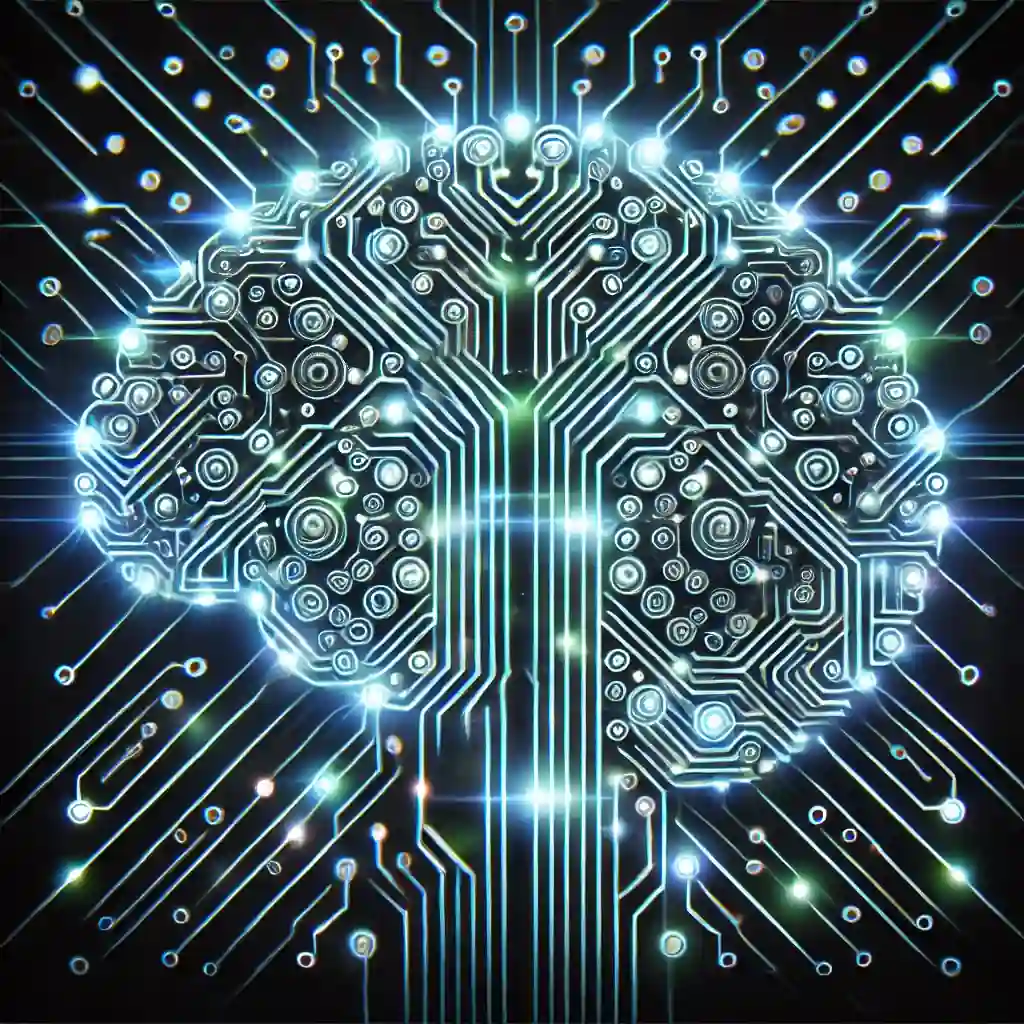In a recent interview, OpenAI’s CEO, Sam Altman, shared insights on the future of AI, what it means for startups, and the potential transformations awaiting industries. Altman’s perspective is crucial for tech enthusiasts and entrepreneurs, as his views offer a clear direction on where artificial intelligence is headed and how businesses can align with these advances rather than be sidelined. Here are the key takeaways from the interview.
1. The Future of AI Models: Quality Over Quantity
Altman highlighted that OpenAI’s trajectory is about improving reasoning capabilities within models, envisioning an era where AI contributes to breakthroughs in science, complex coding, and even advanced problem-solving. The focus isn’t just on building more models, but on enhancing models so that they perform better in reasoning tasks, making them powerful allies in fields like healthcare, education, and engineering.
This shift is expected to drive OpenAI’s O-Series models toward significant improvements, making AI tools more intuitive and helpful for users. Altman also hinted that we can expect rapid advancements in image-based models and multimodal capabilities—where AI could understand and respond to various types of inputs, from text to images, with equal effectiveness.
2. No-Code Tools for Non-Technical Founders
For budding founders who may not have a coding background, Altman reassures that OpenAI plans to simplify AI integration by developing high-quality, no-code tools. These tools are in their early stages but are expected to expand, making it easier for entrepreneurs to build functional AI-powered applications without deep technical expertise.
While existing no-code options already help automate simpler tasks, Altman’s vision is a future where founders can bring entire startup ideas to life through accessible AI tools. Until then, OpenAI will continue to release tools that make skilled coders even more productive.
3. OpenAI’s Position in the AI Ecosystem
Altman discussed OpenAI’s place in the tech stack and its commitment to staying innovative. His advice for startups was clear: if your business model depends on filling small gaps in current AI capabilities, be cautious. OpenAI’s rapid improvement cycle could close these gaps soon. Instead, he suggests focusing on ventures that can grow stronger with better AI models, like AI-powered tutoring or healthcare assistants.
Altman foresees a landscape where OpenAI offers strong model capabilities as foundational tools, while companies build creative applications on top of them. This approach encourages startups to aim for solutions that add genuine value rather than relying on fixing temporary issues in AI functionality.
4. Trillions in New Market Value: AI as a Game-Changer
Altman estimates that AI will lead to trillions of dollars in new market value by enabling previously unfeasible products and services. He envisions AI’s transformative impact across industries—from healthcare to education—where AI could drive down costs and boost accessibility.
For example, Altman posits a future where anyone could outline a business plan, and AI would automatically generate software to bring it to life. This vision, although distant, illustrates the scope of economic potential unlocked by AI and the ways it can democratize entrepreneurship.
5. The Role of Open Source in AI’s Future
Altman acknowledged the role of open-source models in AI’s ecosystem but emphasized that proprietary models with robust, integrated APIs are also essential. OpenAI aims to offer a range of services, from open-source solutions to specialized APIs, to cater to different business needs.
Open-source is beneficial for accessibility and innovation, and while OpenAI will continue to build closed, high-performing models, it will also respect and leverage open-source contributions to advance AI’s reach.
6. The Complexity of AI Progress and Society’s Reaction
Interestingly, Altman remarked that despite AI’s rapid progress, societal changes have been relatively minimal. Using the example of AI’s ability to pass the Turing test, he noted that while significant technological advancements have been made, they haven’t drastically altered daily life or public perception in ways some expected.
Altman predicts that this pattern may continue: scientific and technological progress will accelerate, but societal change will be gradual, allowing people time to adapt to these powerful new tools.
Opportunities for Startups and Investors
The conversation didn’t just focus on technology; Altman offered advice to founders and investors, urging them to look at areas where AI can create lasting value without being overshadowed by OpenAI’s developments. He underscored sectors like AI-driven tutoring and healthcare innovations as promising spaces where startups can thrive.
For investors, this insight is a goldmine. As OpenAI continues to improve its models, areas that enhance these models or offer unique value on top of them could yield substantial returns.
Looking Ahead: OpenAI’s Bold Goals and How You Can Benefit
Sam Altman’s vision of AI stretches beyond merely enhancing technology; it’s about creating tools that uplift human potential, democratize resources, and redefine what’s possible in fields like education, science, and business. For startups and enthusiasts, the takeaway is clear: align with the technology’s direction, innovate in ways that complement OpenAI’s models, and prepare for a future where AI becomes an invisible yet powerful part of everyday life.
Stay Updated
AI is evolving faster than ever, and staying informed is the best way to leverage these developments. Subscribe to our newsletter to keep up with the latest insights from industry leaders like Sam Altman and discover how you can stay ahead in the age of AI. Don’t miss out on future opportunities!

Leave a Reply